Natural Remedies for Itchy and Irritated Scalp | |
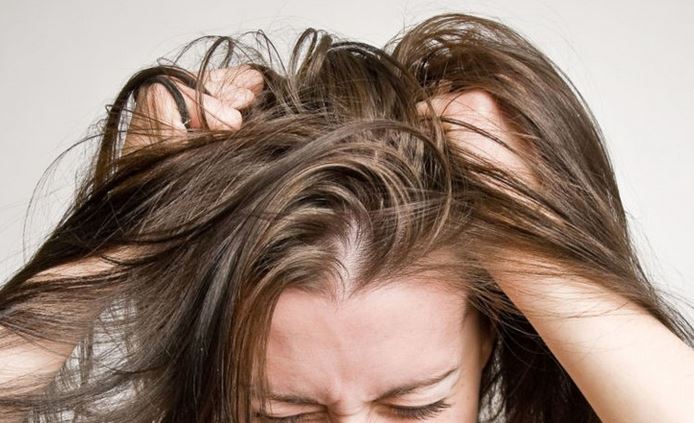
| |
Dealing with an itchy and irritated scalp can be a frustrating and uncomfortable experience. There are various factors that can contribute to scalp itchiness, including dryness, dandruff, product buildup, sensitivity to certain ingredients, and even underlying skin conditions. While there are numerous over-the-counter treatments available, natural remedies can provide effective relief without the use of harsh chemicals. In this article, we will explore natural remedies for itchy and irritated scalp, helping you find relief and restore balance to your scalp health. The Benefits of Natural RemediesNatural remedies for itchy and irritated scalp offer several advantages over conventional treatments. These remedies are often gentle, free from harsh chemicals, and can help address the underlying causes of scalp issues. Additionally, many natural ingredients have soothing and anti-inflammatory properties, providing relief from itchiness and irritation. Let's dive into some of these natural remedies and how they can help alleviate scalp discomfort. Tea Tree Oil for Scalp ReliefTea tree oil is a popular natural remedy for various scalp issues due to its antimicrobial and anti-inflammatory properties. It can help combat fungal and bacterial infections that may be causing scalp itchiness and irritation. To use tea tree oil, dilute a few drops in a carrier oil, such as coconut or jojoba oil, and massage it into your scalp. Leave it on for 20-30 minutes before rinsing it out. Repeat this process a few times a week for best results. Soothing Aloe Vera GelAloe vera gel is well-known for its soothing properties, making it an excellent choice for relieving scalp itchiness and irritation. It can help reduce inflammation, moisturize the scalp, and promote healing. Extract the gel from an aloe vera leaf and apply it directly to your scalp. Leave it on for 15-20 minutes before rinsing it out. You can also mix aloe vera gel with a few drops of tea tree oil for added benefits. Apple Cider Vinegar RinseApple cider vinegar has natural antimicrobial properties that can help restore the pH balance of the scalp and alleviate itchiness. Mix equal parts of apple cider vinegar and water and use it as a final rinse after shampooing. Gently massage the mixture into your scalp, let it sit for a few minutes, and then rinse thoroughly. Apple cider vinegar can also help remove product buildup, which can contribute to scalp irritation. Calming Oatmeal TreatmentOatmeal has soothing and anti-inflammatory properties that can provide relief to an itchy and irritated scalp. Grind oatmeal into a fine powder and mix it with warm water to create a paste. Apply the paste to your scalp, gently massaging it in circular motions. Leave it on for 15-20 minutes before rinsing it out. Oatmeal can help calm the scalp, reduce itchiness, and moisturize dry skin. Essential Oils for Scalp MassageCertain essential oils can help soothe an itchy scalp when used in a scalp massage. Lavender oil, chamomile oil, and peppermint oil are known for their calming and anti-inflammatory properties. Dilute a few drops of your preferred essential oil in a carrier oil, such as almond or coconut oil, and massage it into your scalp. Leave it on for 30 minutes or overnight before washing your hair. These oils not only provide relief but also create a relaxing and enjoyable experience. Frequently Asked Questions (FAQs)Can natural remedies cure all scalp issues?While natural remedies can provide relief and address many scalp issues, it's essential to identify the underlying cause of your scalp condition. If your symptoms persist or worsen, it's advisable to consult a dermatologist for a proper diagnosis and treatment. How long does it take for natural remedies to show results?The time it takes for natural remedies to show results can vary depending on the individual and the severity of the scalp issue. Consistency is key when using natural remedies, so continue the treatments regularly for a few weeks to see improvements. Are natural remedies safe for all scalp types?Most natural remedies are safe for all scalp types, but it's important to consider any potential allergies or sensitivities. Perform a patch test before using a new remedy to ensure you don't have an adverse reaction. If you have any concerns, consult a healthcare professional. Can I use multiple natural remedies together?In some cases, combining natural remedies can enhance their effectiveness. However, it's crucial to do thorough research and ensure the ingredients are safe to use together. Some combinations may not be suitable or may cause irritation, so proceed with caution and use your best judgment. How often should I use natural remedies for my scalp?The frequency of using natural remedies depends on your scalp condition and personal preference. Start with once or twice a week and adjust as needed. Pay attention to how your scalp responds to determine the optimal frequency for you. ConclusionNatural remedies can provide effective relief for an itchy and irritated scalp, promoting scalp health without the use of harsh chemicals. Whether it's tea tree oil, aloe vera gel, apple cider vinegar, oatmeal, or essential oils, these remedies offer soothing properties that can alleviate itchiness and inflammation. Remember to be consistent and patient when using natural remedies, as they may take time to show results. If your scalp issues persist or worsen, it's always a good idea to consult a dermatologist for a comprehensive evaluation and appropriate treatment. | |
| Category: Hair Care | |
| Total comments: 0 | |
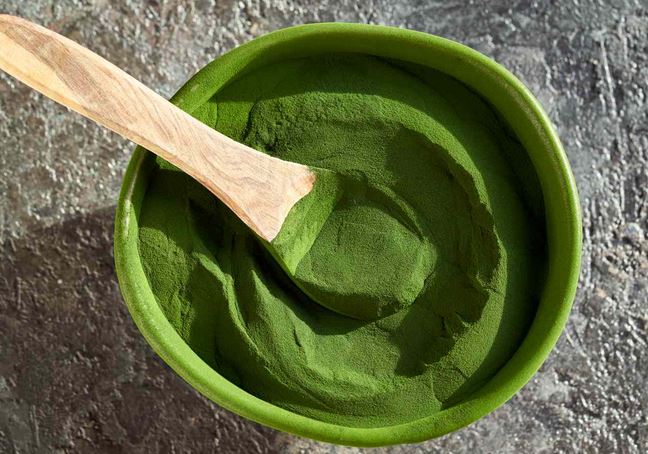 |
| How to Create a DIY Hair Care Routine at Home |
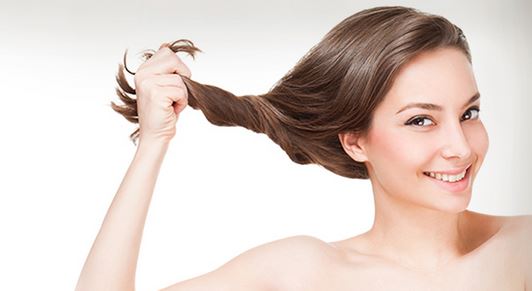 |
| The Benefits of Using Protein Treatments for Hair Strength |
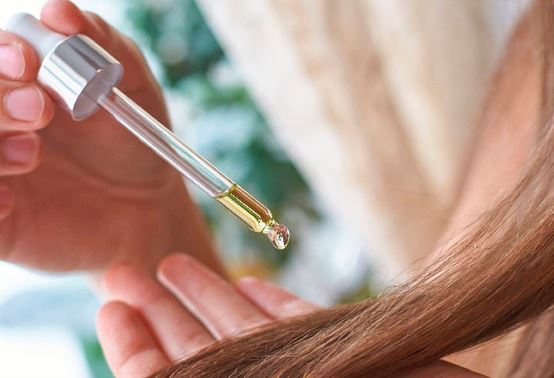 |
| Essential Oils for Hair Care: Benefits and Usage |
 |
| Nailing the No-Makeup Makeup Look: Effortlessly Fresh and Natural |
 |
| How to Choose the Right Foundation for Your Skin Type |
 |
| A beginner's guide to meditation and mindfulness |
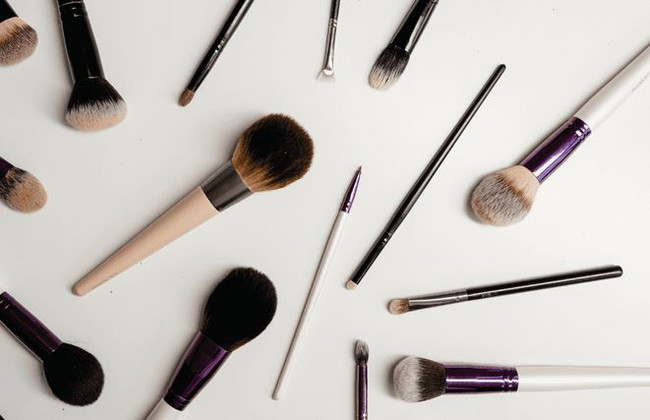 |
| The Latest Makeup Tools and Gadgets: Enhancing Your Application |
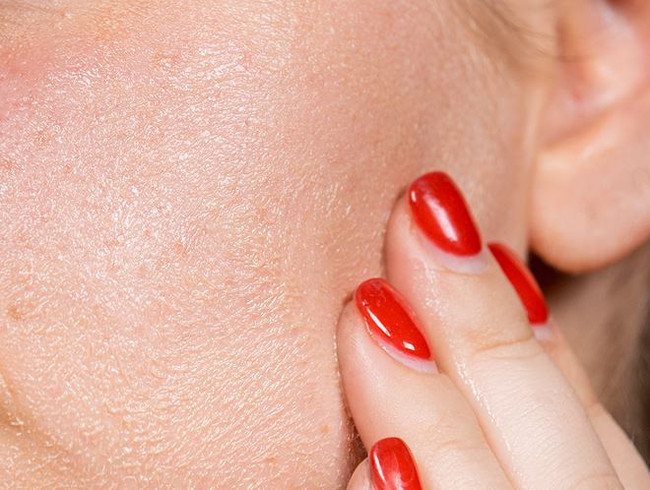 |
| Makeup for Sensitive Skin: Products and Tips for a Gentle Touch |
 |
| The history and evolution of iconic fashion trends |
